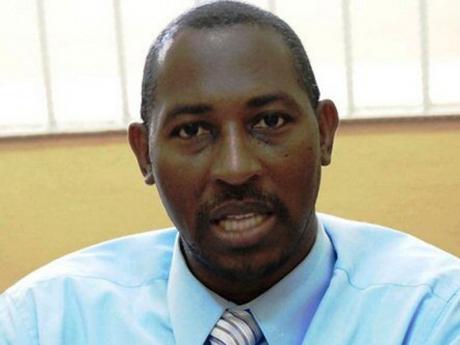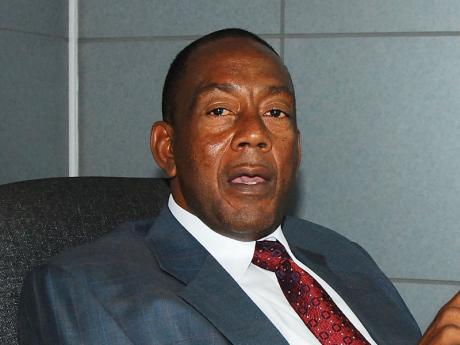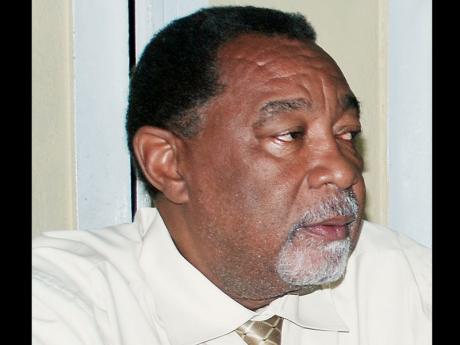Lack of funding derails abattoir plans
Claudia Gardner, Assignment Coordinator
WESTERN BUREAU:
Lack of funding is preventing some of the local authorities in western Jamaica from establishing central abattoirs in their respective parishes.
Mayor of Montego Bay and Chairman of the St James Parish Council Glendon Harris told Western Focus that while the health department was satisfied that the satellite slaughter stations in the parish were meeting the minimum acceptable standards under the Public Health Act, there was still need for a central abattoir in the parish.
He said that the council was trying to acquire funds to replace the Montego Bay abattoir, which was closed in 2002 by the St James Health Department because of environmental concerns, including liquid waste, coastal and air pollution, improper solid-waste management, and a lack of security personnel. Harris said the council had identified lands in Montpelier for the venture.
"The health department continues to monitor those satellite stations. They meet the minimum standards, but we need an abattoir, and we are actively pursuing it. I am working assiduously to see if we can get a new abattoir. I have a subcommittee between the Urban Development Corporation and the council looking at that," he said.
At the 36th International Food Safety Conference of the Food Hygiene Bureau last year, acting technical director of the Western Regional Health Authority, Dr Marcia Johnson-Campbell, said the absence of a centralised slaughtering facility was having a negative impact on the authority as sometimes proper meat hygiene practices were compromised.
Over in Westmoreland, Mayor of Savanna-la-Mar and Chairman of the Westmoreland Parish Council Bertel Moore said that while he, too, would like to have a municipal abattoir in the parish, the cost of establishing such a facility was prohibitive.
"Butchers have their private slaughterhouses and reports are given every month by the Westmoreland Health Department. We, as a council, would like to establish a parish abattoir, but it is an expensive venture. There was an abattoir - I think somewhere along Dalling Street/New Market in the 1970s - but I don't know what happened back then," he said.
Falmouth mayor, Garth Wilkinson, said the Trelawny Parish Council operated an abattoir many years ago, but it had become defunct and the property was later sold to the Port Authority of Jamaica ahead of the construction of the Falmouth Cruise-Shipping Pier. He also said that the private abattoirs are inspected by the health department and are considered to be safe.
Better Protection
"Most of the abattoirs are in south Trelawny and are privately run, but as the parish council, we don't operate any, but it is something that we need to look at," he said, adding that a central abattoir could aid in preventing praedial larceny and could guarantee better protection for farmers in the parish.
Wilkinson's comments are in line with the views of the praedial larceny prevention coordinator at the Ministry of Agriculture and Fisheries, Reginald Grant, who, in a recent interview with Western Focus, called for strict enforcement of the Livestock Control Order, which prohibits the slaughtering of animals at any place other than an abattoir.
"The Livestock Control Order makes provision for butchers to give notice in writing to the police - 12 hours before slaughter - of the date, place, and time at which he is going to slaughter animals," Grant said.
The Livestock Control Order also prevents butchers from slaughtering livestock intended for food between sunset and sunrise and states that no heifer should be slaughtered without the written permission of the veterinary division or the minister of agriculture.




